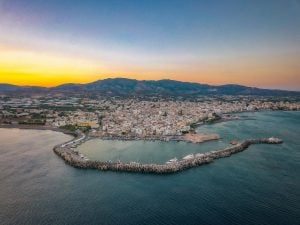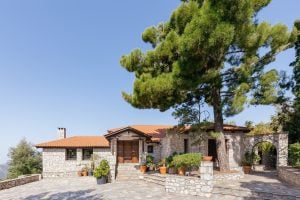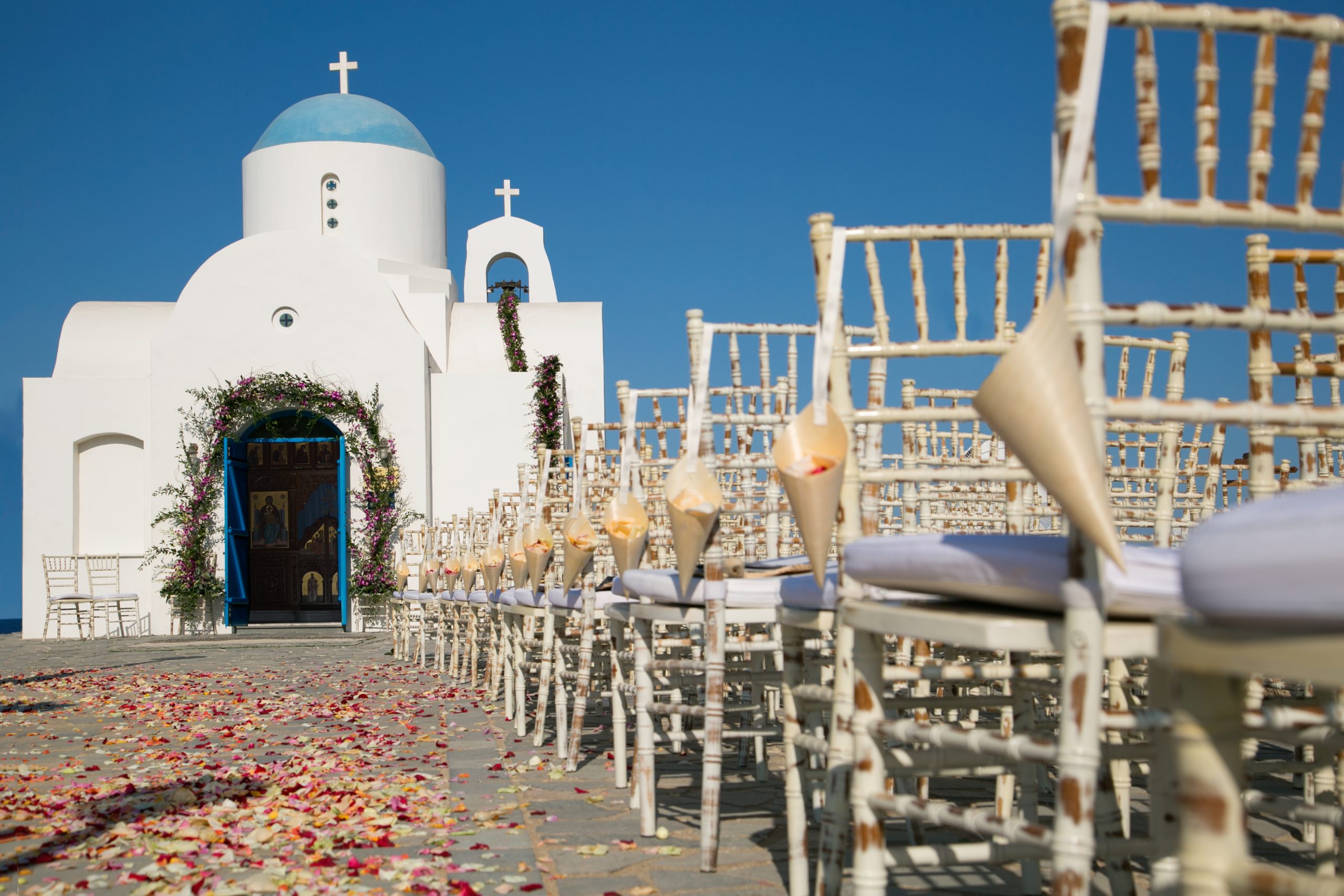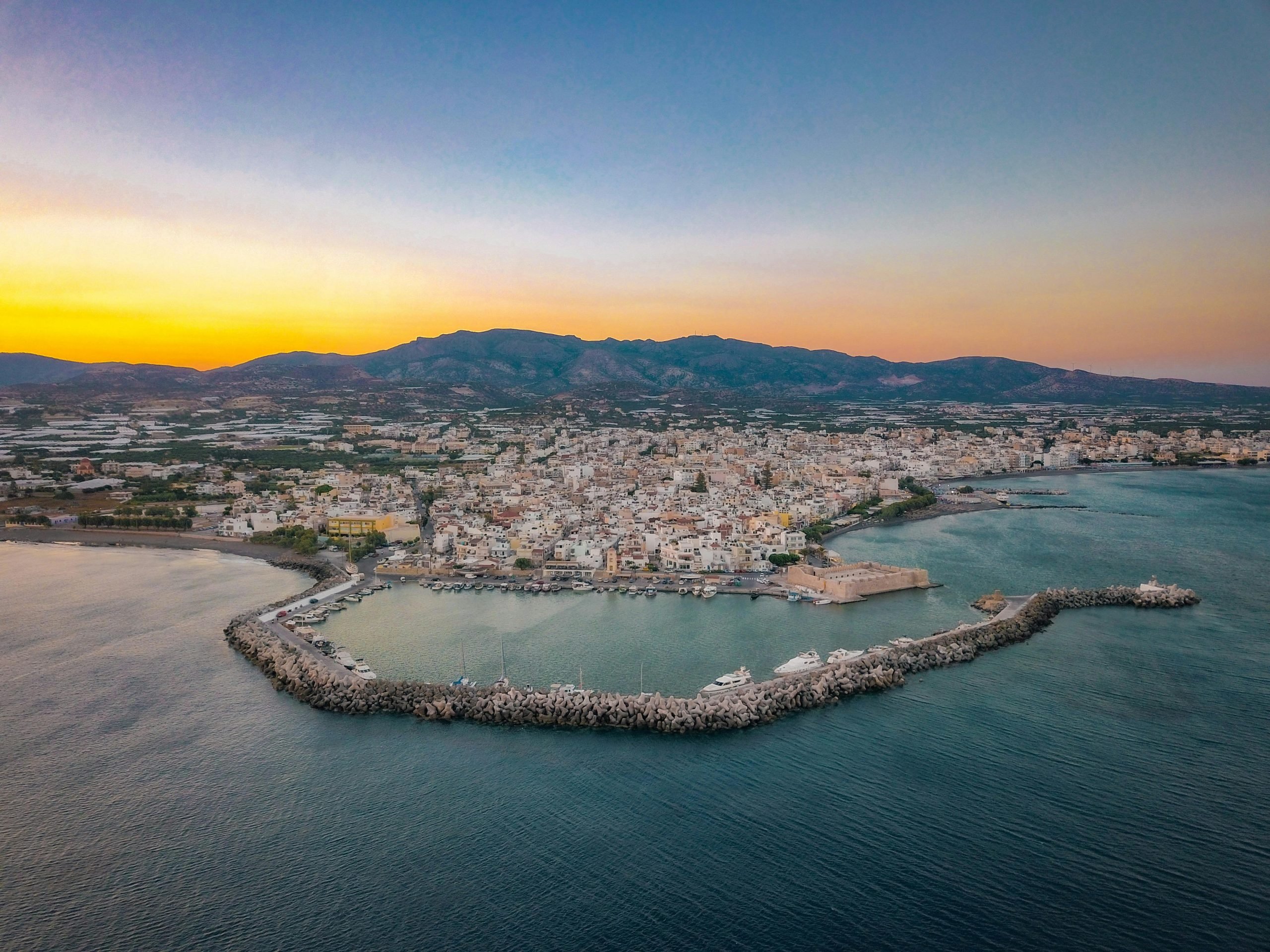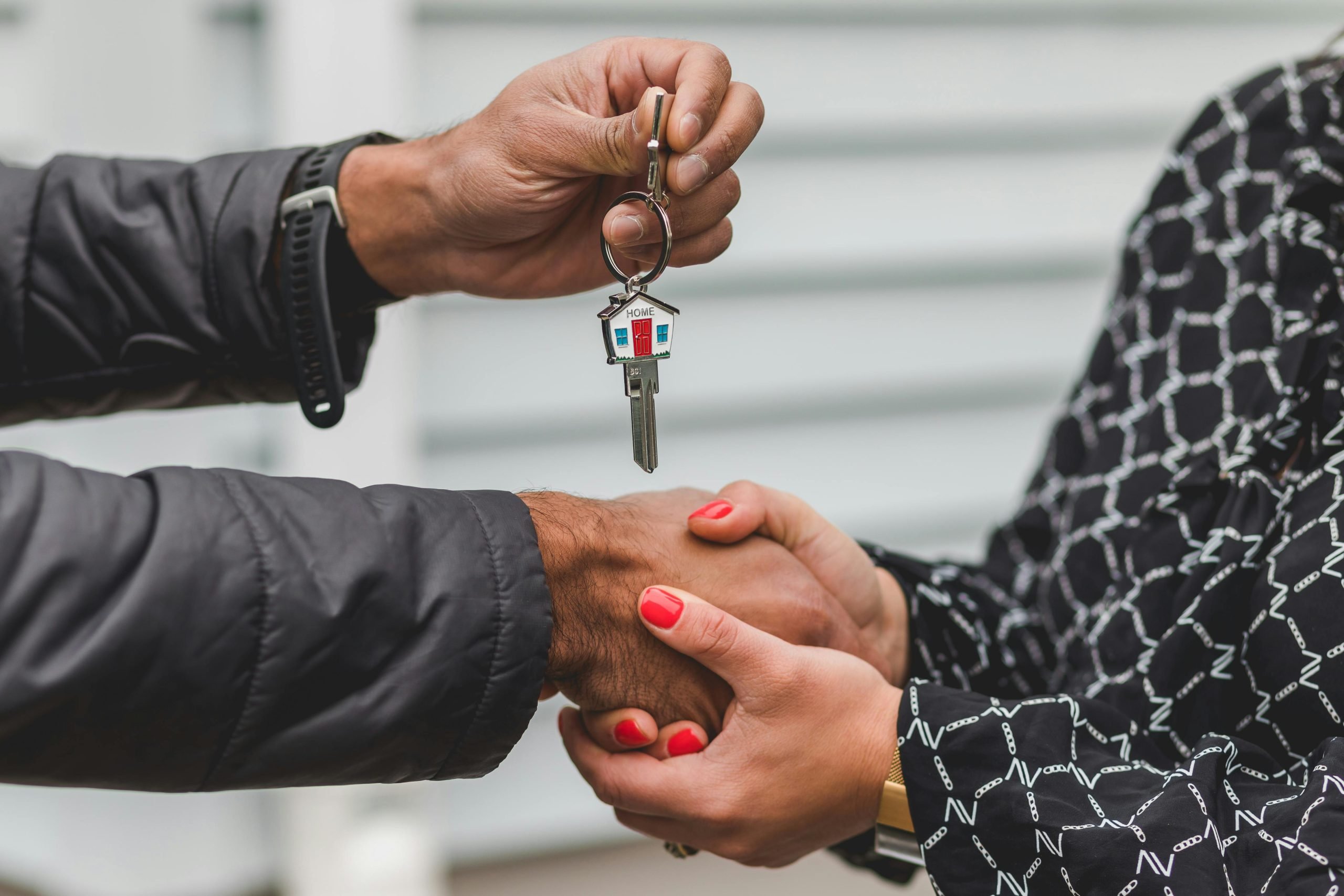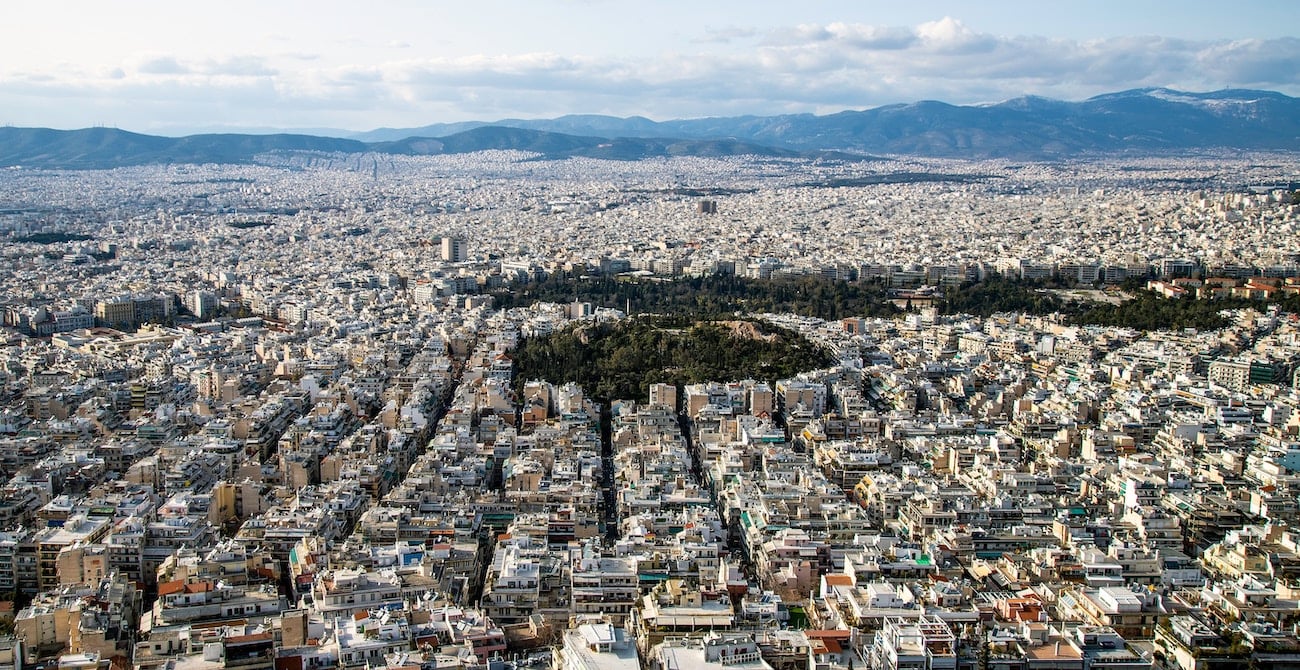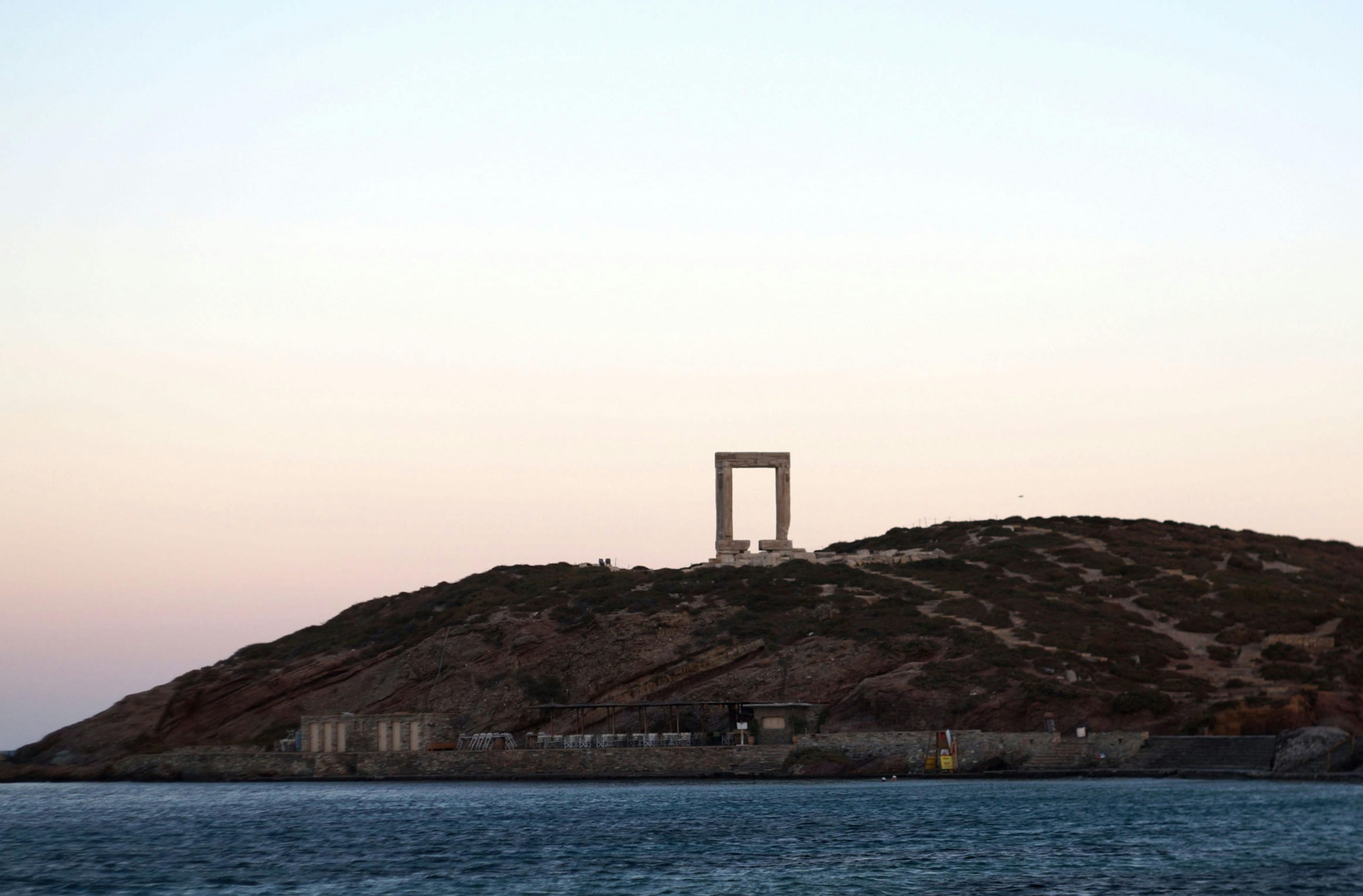Crete is exceptionally safe for tourists, ranking among Greece’s most secure destinations with low crime rates and excellent tourist infrastructure. The island welcomes millions of visitors annually with minimal safety incidents, supported by dedicated tourist police and comprehensive emergency services. Most safety concerns involve common travel precautions rather than serious security threats, making Crete ideal for families and solo travellers alike.
What makes Crete one of Greece’s safest tourist destinations?
Crete maintains exceptionally low crime rates compared to other Mediterranean destinations, with violent crime against tourists being virtually non-existent. The island’s robust tourism infrastructure includes dedicated tourist police units, multilingual emergency services, and well-established healthcare facilities in all major towns.
The Cretan culture of philoxenia (hospitality) creates an inherently welcoming environment where locals actively look out for visitors’ wellbeing. This cultural foundation, combined with the island’s economic dependence on tourism, ensures that visitor safety remains a top priority across all sectors.
Modern safety infrastructure includes comprehensive emergency response systems, with hospitals in Heraklion, Chania, and Rethymno equipped to handle tourist medical needs. The island’s road network has improved significantly, with better signage and safety measures on major tourist routes.
Crete’s reputation for safety extends beyond crime prevention to natural disaster preparedness, with established protocols for weather-related emergencies and comprehensive coastal rescue services during the busy summer season.
What are the most common safety concerns tourists face in Crete?
The most frequent safety issues in Crete involve petty theft, particularly pickpocketing in crowded tourist areas and theft from unattended beach belongings. These incidents are opportunistic rather than targeted and easily prevented with basic precautions.
Road safety presents the greatest actual risk, with mountain roads requiring careful navigation and some coastal routes having sharp curves. Rental car accidents occur more frequently than any crime-related incidents, often involving unfamiliar driving conditions or inadequate vehicle maintenance.
Beach hazards include strong currents at certain locations, particularly on the south coast, and occasional jellyfish during summer months. Most beaches lack lifeguards outside major resort areas, requiring personal responsibility for water safety.
Tourist scams are relatively rare but include overcharging at some tavernas, fake taxi meters, and occasional rental accommodation issues. These problems are minor compared to other popular European destinations and usually involve financial rather than physical safety concerns.
Seasonal considerations include extreme heat during July and August, which can cause dehydration and heat-related illness for unprepared visitors, and occasional strong winds that may affect ferry schedules and beach activities.
How safe are Crete’s popular tourist areas and beaches?
Major tourist destinations including Chania, Heraklion, and Rethymno maintain excellent safety records with regular police patrols and established security protocols. These areas benefit from constant foot traffic and business oversight that naturally deters criminal activity.
Popular beaches like Balos Lagoon, Elafonissi, and Falassarna are generally very safe, though remote locations may lack immediate emergency services. Organised beaches near resorts typically offer better safety infrastructure, including first aid facilities and water sports supervision.
Tourist police presence is most visible in high-traffic areas during peak season, with officers specifically trained to assist international visitors. Emergency response times in major tourist zones are comparable to other developed European destinations.
Accommodation safety standards in established tourist areas meet international expectations, with most hotels and rental properties adhering to fire safety and security protocols. Issues are more likely in budget accommodations or very remote locations.
Evening safety in tourist areas remains excellent, with well-lit streets and active nightlife creating natural surveillance. The biggest evening safety concern involves overindulgence in alcohol rather than criminal activity.
What safety precautions should visitors take when traveling around Crete?
Essential safety measures include securing valuables in hotel safes, avoiding displays of expensive jewellery or electronics, and keeping copies of important documents separate from originals. These standard travel precautions prevent most potential problems.
Transportation safety requires extra attention when driving, including checking rental vehicle condition, understanding local traffic patterns, and avoiding mountain roads during adverse weather. Public transportation and organised tours offer safer alternatives for accessing remote locations.
Beach safety involves swimming only in designated areas, respecting local warnings about sea conditions, and protecting against sun exposure during peak hours. Carrying adequate water and sun protection prevents heat-related health issues.
Communication preparation should include saving emergency numbers (112 for general emergencies), noting your accommodation address in Greek, and informing someone of your daily plans when exploring independently. Mobile phone coverage is excellent throughout most of the island.
Health precautions involve carrying basic medications, understanding how to access medical care, and maintaining travel insurance coverage. For those considering property investment, comprehensive guidance on Greek property procedures ensures legal safety and proper documentation.
How does Crete’s safety compare to other Greek islands and European destinations?
Crete consistently ranks among the safest Greek islands, with lower crime rates than party destinations like Mykonos or Ios. The island’s size and diverse economy create stability that smaller, tourism-dependent islands may lack during off-season periods.
Compared to other Mediterranean destinations, Crete’s safety profile exceeds many popular alternatives. Crime rates remain significantly lower than major Spanish or Italian tourist centres, while infrastructure quality matches or surpasses similar-sized destinations.
The island’s healthcare infrastructure surpasses most Greek islands, with multiple hospitals and medical facilities providing comprehensive care. Emergency response capabilities are more robust than smaller islands due to permanent resident population and year-round services.
Natural disaster risks are minimal compared to other Mediterranean regions, with no significant earthquake activity, volcanic threats, or extreme weather patterns that affect some alternative destinations. The stable climate contributes to overall safety and predictability.
Tourist infrastructure maturity gives Crete advantages over emerging destinations, with established safety protocols, experienced service providers, and proven emergency response systems developed over decades of international tourism.
Crete’s combination of low crime rates, excellent infrastructure, and welcoming culture makes it one of Europe’s safest tourist destinations. The island’s commitment to visitor safety, supported by comprehensive emergency services and tourist-focused policing, ensures that security concerns need not impact your travel experience. For visitors considering extended stays or property investment, professional guidance ensures both personal safety and legal security throughout your Greek journey. Should you need expert assistance with any aspect of your Crete experience, please don’t hesitate to contact our team for comprehensive support.
Disclaimer: This content is for informational purposes only and does NOT constitute legal or tax advice. For any issues relating to specific cases, it is highly recommended to consult a lawyer, an accountant or a notary depending on your needs.


